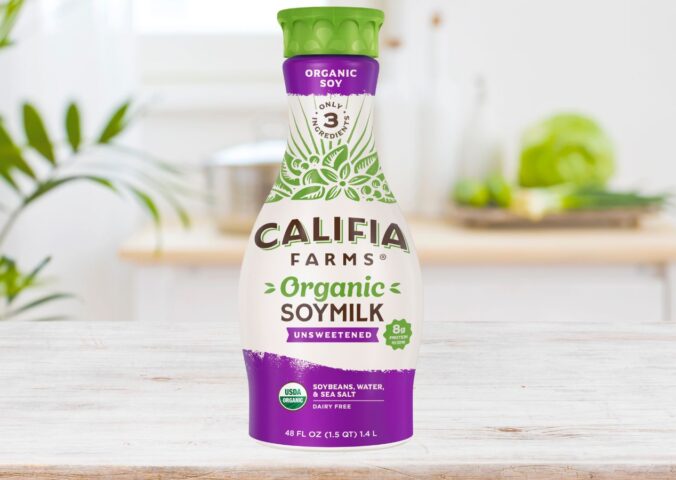A red food dye derived from petroleum widely used in the US may soon be banned over concerns it causes negative health impacts, especially in children.
Read more: New Study Suggests Popular Artificial Sweetener Could Increase Heart Disease Risk
Current Food and Drug Administration (FDA) guidance states that the dye is safe if consumed correctly. But the dye, called Red 3 or E127, has been found to be carcinogenic in animals in high doses. It has also been linked to hyperactivity in children. Despite this, and the fact it’s already being banned for use in cosmetics, Red 3 is found in nearly 3,000 foods in the US. These are mainly sweets, snacks, and cakes. Elsewhere, including the UK and EU, its use is restricted.
The FDA told the US Senate health committee that it hopes to enact a ban in the coming weeks. It is reviewing a petition filed in 2022 by several health, child, and environmental groups to have the substance banned.
Are all food dyes bad for health?

Red 3 isn’t the only artificial food dye of concern. California had already banned dyes Blue 1, Blue 2, Green 3, Red 40, Yellow 5, and Yellow 6 in public schools. The state added Red 3 to the list last year. State health officials looked at available research and concluded there was a link between food dyes and changes in behavior in children.
Read more: Fast Food Chains Prominent In Areas By Schools, Analysis Finds
In Europe, any food products containing the dyes Red 40, Yellow 5 or Yellow 6 must carry a warning label about the potential adverse effects on children’s behavior.
In 2010, the Center for Science in the Public Interest (CSPI) in Washington, DC produced a report on the nine artificial dyes then allowed in the US. It concluded that the dyes are likely to be carcinogenic, cause behavioral problems, or are inadequately tested.
It is difficult to study how much of a specific dye a person has consumed and what its impacts are. But consumption of these dyes has certainly increased. In the US, consumption per person rose fivefold between 1955 and 2010.
Read more: Compulsory Meat In Schools Should Be Scrapped, Says Dale Vince






